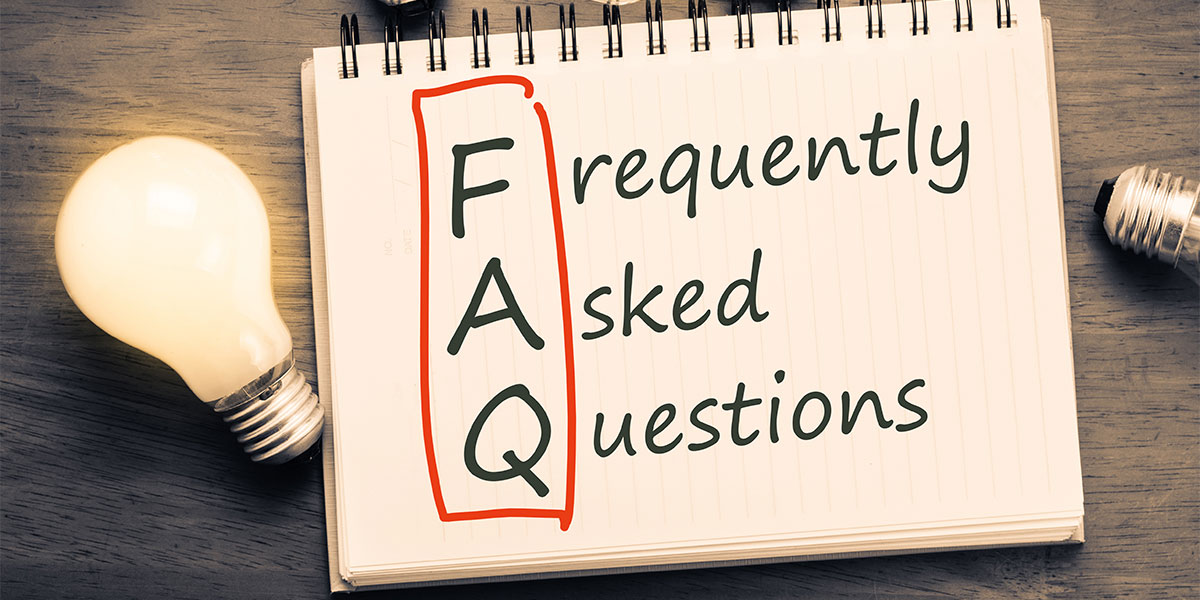Although we see a lot of community outreach and drug and alcohol abuse education services, many have unanswered questions about drug and/or alcohol addiction. While some may feel hesitant to come forward with their questions, it’s important to know there are no stupid questions and the more we learn about drug and/or alcohol abuse and addiction, the better we can help the loved one’s in our lives.
12 Commonly Asked Questions About Drug and Alcohol Addiction
We know the seriousness and concern about drug and/or alcohol misuse, dependence, and addiction. Below, you can find a list of frequently asked questions we hear about drug and alcohol addiction.
What is addiction?
Addiction is an illness and occurs when a person develops an uncontrollable need or compulsion for a substance. Addiction affects the body physically and mentally and the need for the substance overrides important areas of life, such as relationships and job stability.
Why do some people become addicted and not others?
Many factors, such as personality, behavior, and self-esteem, can affect how some people are more susceptible to addiction than others. Some factors that may place someone at higher risk include exposure to drugs at an early age, depression and/or anxiety, a family history of addiction, and traumatic life events.
How quickly can someone become addicted to drugs?
Addiction is highly individual and can depend on several factors, such as a person’s environment, vulnerability, and history of drug use or misuse. There is no magic formula. Some show sensitivity to one drug and overdoses while another shows no signs of harm. Unfortunately, it’s difficult to predict how quickly someone can become addicted to drugs.
How many alcoholic drinks is too much?
Excessive alcohol use can harm health and pose more risk for Alcohol Use Disorder (AUD). Heavy drinking for women is considered 4 or more drinks on any given day and 5 or more drinks per day for men. When consumed quickly over 2 hours, this is called binge drinking and can significantly increase alcohol-related harm, including accidental overdose, drowning, blackouts, and falls.
What is withdrawal?
Withdrawal is the process when a person stops using a substance. We can also define withdrawal as a symptom of tolerance. It is accompanied by unpleasant symptoms that can make it difficult for the person to stop using the substance. The period of withdrawal varies upon the type of substance, the length of time taking the substance, and the overall health of the person.
What are alcohol withdrawal symptoms?
Alcohol withdrawal symptoms can happen after the last drink and can be mild, serious, to life threatening. Many of the common alcohol withdrawal symptoms include trembling, nausea, sweating, headaches. Moderate symptoms can include anxiety, depression, and mood swings. More serious and life-threatening alcohol withdrawal symptoms, such as hallucinations, seizures, and delirium tremens (DTs), require medical attention.
What are cravings?
Cravings are powerful urges for a particular substance. Unlike withdrawal, cravings are psychological and generally pass quickly. It is helpful for people with a substance use disorder to create a plan to help the mind focus elsewhere when cravings happen.
What are hard drugs?
While all drugs pose risk of harm and addiction, “Hard drugs” are considered more harmful and addictive than “soft drugs”. These include amphetamines such as cocaine and methamphetamine, benzos including Valium, Xanax, and Ambien, and opioids like heroin, oxycodone, and morphine. These drugs fall under “street drugs” or illegal or require a prescription from a medical provider.
What are soft drugs?
Opposed to “Hard Drugs”, soft drugs are considered less harmful and include substances such as marijuana, cigarettes, e-cigarettes, and alcohol.
Is marijuana addictive?
Some can develop Marijuana or Cannabis Use Disorder. Signs of this include increasing the amount of marijuana, craving, trying to quit but unsuccessful, giving up activities to use marijuana, and experiencing withdrawal symptoms.
What are “gas station” drugs?
Gas station drugs can appear harmless. After all, they’re sold legally at the local gas station. Some familiar drugs include so-called energy boosters or “natural supplements”. Today, this list includes a slew of dangerous drugs with their fair share of addictive properties and ill effects. For instance, users of ZaZa, a synthetic drug mimicking an opioid, report the withdrawal symptoms as worse than heroin. Other types of harmful “gas station” drugs include K2, Spice, Kratom, and Delta 8 gummies.
Where can I find addiction treatment?
Where do you go when you’re an addict? There are many addiction treatment centers and community resources for those struggling with drug and/or alcohol addiction. Some are offered for free or low-cost while others accept health insurance or offer flexible payment plans.
Drug and Alcohol Recovery in Santa Rosa, CA
At Pura Vida, clients can access an affordable evidence based, and holistic drug and alcohol treatment program. With intensive outpatient and day programs, people can get the support they need while maintaining life’s responsibilities. For an assessment, contact us today.





